You know Save the Sound has a strong legal team that uses environmental law to protect your air and water and the natural places you love. But did you know they’re not the only attorneys in the organization? With a dozen lawyers on our staff and board, legal expertise is deeply embedded throughout our programs and leadership, and informs every big decision we make.
In Fall 2021, intern Alyssa Benoit sat down with some of the attorneys of Save the Sound to hear what makes them want to fight for our land, air, and water, and what advice they have for others interested in pursuing this path.
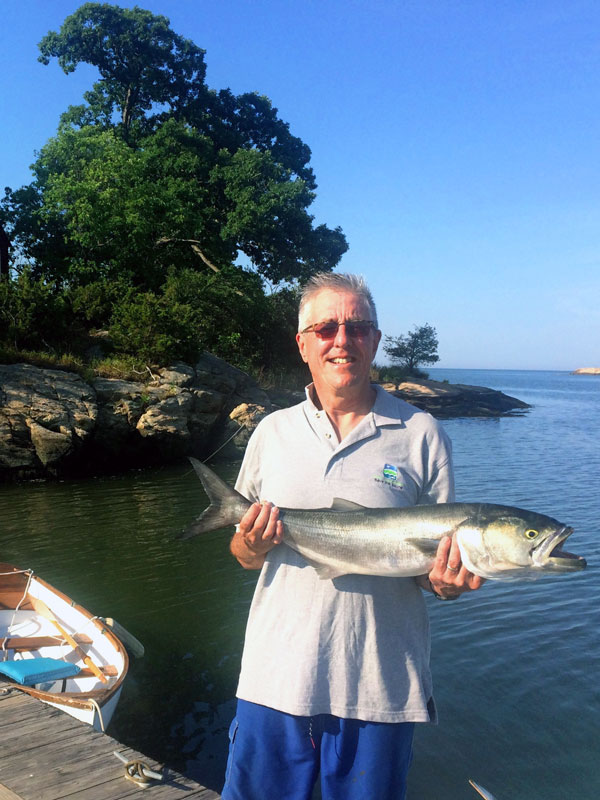
Curt Johnson, President
Save the Sound fights climate change, saves endangered lands, protects the Sound and its rivers, and works with nature to restore ecosystems. What calls you to fight for our climate, lands, and water?
I had the great good fortune to grow up summers in a glorified shack, in a community of blue-collar family shacks, at a magical moment when a toolmaker like my dad could afford to buy a little cottage on the Sound. It’s a river I still live on today. I have seen the water transform from extreme murky pollution where rockweed had stopped growing, the muck stunk, and big fish were a distant memory. Two weeks ago, I could see six feet under that water spearfishing. I caught a 35-pound striped bass. That’s what ecosystem recovery looks like. Our actions, on a collective scale, restored your waterways. Never doubt that collective action makes a difference.
(Note: Curt retired as president in 2022.)
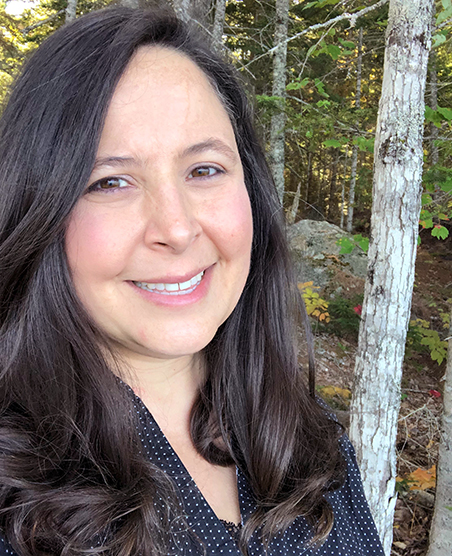
Leah Lopez Schmalz, Vice President of Programs
What advice would you give to students pursuing a focus in environmental law?
I’d advise that a career in environmental law can come in many different packages. Knowing your passions and strengths (as well as your “opportunities for growth”) can help you craft the right fit that allows you to protect natural resources and feel personally fulfilled. Sometimes that takes the form of a litigator who fights polluters in court, sometimes it is a practical problem-solver who uses the law as leverage for on-the-ground results, other times it is a negotiator who can help companies be better and do better, or a creative type whose knowledge of the law helps develop systemic change. Environmental law is the base; be open to how you use it and not pre-formed by what you think a lawyer must be.
(Note: Leah became president of Save the Sound in 2022.)
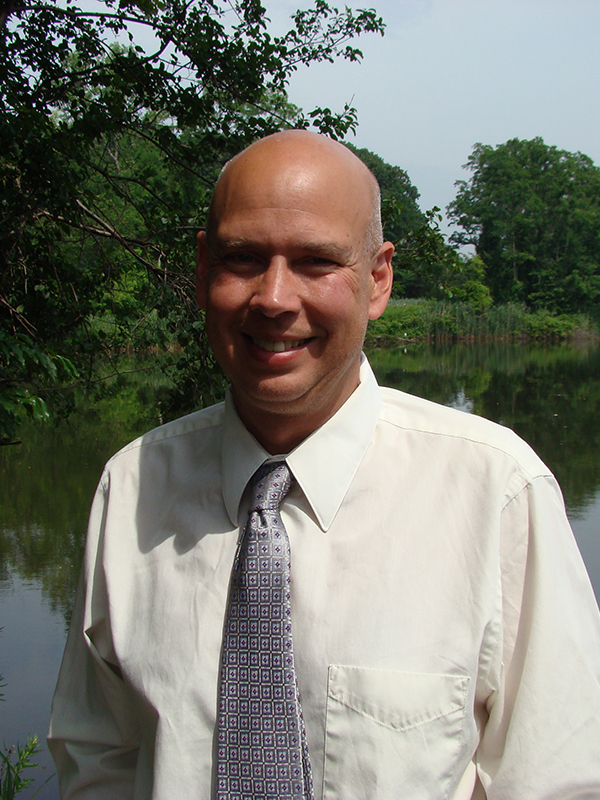
Roger Reynolds, Senior Legal Counsel
What legal precedent do you hope our work sets for the future?
Every single one of our cases is founded on the basic premise that there is a public trust in our air, land, and water and these essential resources cannot be polluted or destroyed for private gain. Every legal or other battle we fight is an effort to preserve, protect, and promote that public trust when it is threatened. The precedent I want for the future is that the legal, legislative, and executive communities are educated and informed about their obligations toward the environment and there is a champion to bring to light, and take them on, when they fail.
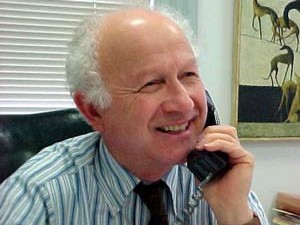
Peter Cooper, General Counsel
What calls you to fight for our climate, lands, and water?
For me, the significance of our organization is that it stands apart from other more single-purpose environmental advocacy entities in that it does, and should, be able to respond and participate across a broad range of environmental protection positions, depending upon what it sees as the most critical at that time. This persistent capacity to advocate for improvement in our natural, health, and justice environments—in my judgment—makes our organization such a valuable asset to the community.
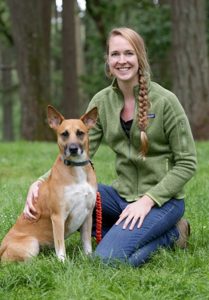
Kat Fiedler, Staff Attorney
What inspired you to go into environmental law?
I knew I wanted to dedicate my career to protecting the environment—but it took me a while to figure out how. After exploring a career in the hard sciences and learning about how decisionmakers can corrupt or miscommunicate the science to their advantage, I decided I wanted to help take that scientific understanding of the environment and apply it to the legal and regulatory processes that drive all our decisions to protect, or to harm, the environment.
Environmental law is inherently interdisciplinary, so I can exercise all parts of my brain, communicating science, social and cultural relationships with the environment, history, and of course the law itself. Law is also both rigid and incredibly creative. I love the challenge of working within the bounds of the law but also pushing it further so that it can be used as a tool to achieve our goals.
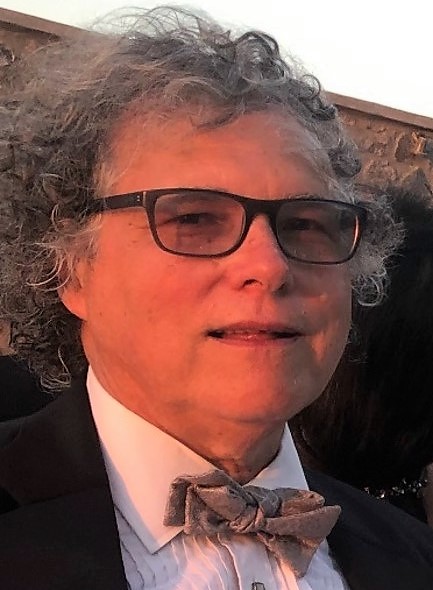
Don Elliott, Board Member
What inspired you to go into environmental law?
I was inspired to go into environmental law by the writings of Barry Commoner. Commoner was a biologist, professor, and politician, and was known for his opposition to nuclear weapons testing. His writings argued that the US economy be restricted to conform to the laws of ecology and to re-construe the way we produce goods.
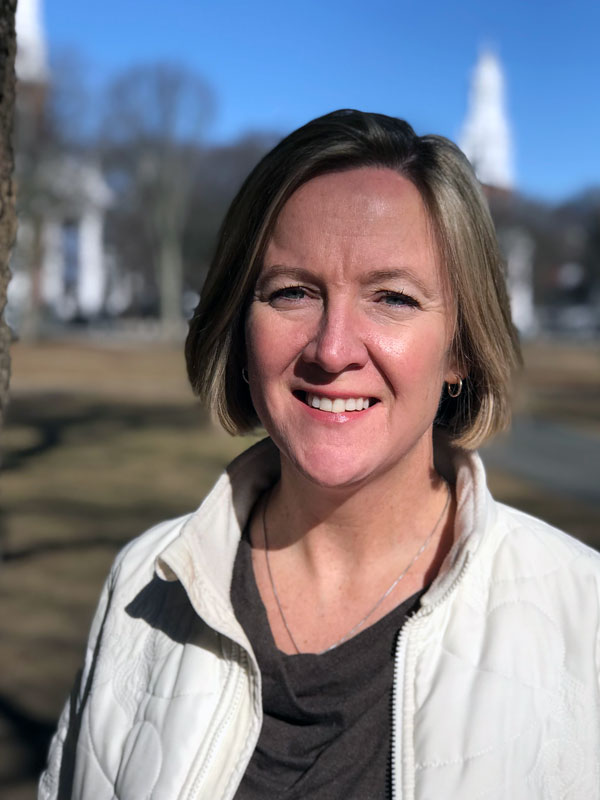
Alicia Sullivan, Vice President of Philanthropy
What calls you to fight for our climate, lands, and water?
The beauty and wonder of our region’s environment inspires me and feeds my soul. From a selfish perspective, I treasure being able to work every day to protect endangered lands and Long Island Sound’s water, where we all can enjoy nature and find peace in floating in a kayak or hiking in a forest. I firmly believe that if we don’t stand up and fight—at agency hearings, in courthouses, and in the legislatures—that we will lose some of our region’s critical natural resources. The legal power and ability to act toward solutions for our environment is a strength of Save the Sound that attracted me to join the team.
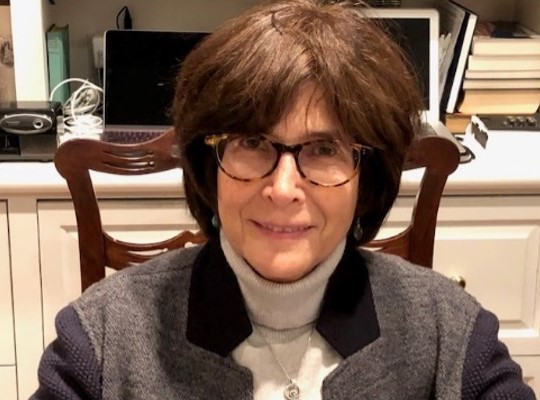
Celia Felsher, Board Member
Save the Sound is leading on bold climate action and helping our neighborhoods and ecosystems adapt to escalating climate threats. What most excites you about protecting and improving the land, air, and water of the Long Island Sound region?
Climate change is threatening the health, well-being, homes, and livelihoods of large segments of the world’s population. It is also endangering already fragile habitats and may lead to significant species extinctions. The bold work Save the Sound is doing to combat climate change, and to help neighborhoods and ecosystems to adapt to climate change is critical—both for us and for future generations.
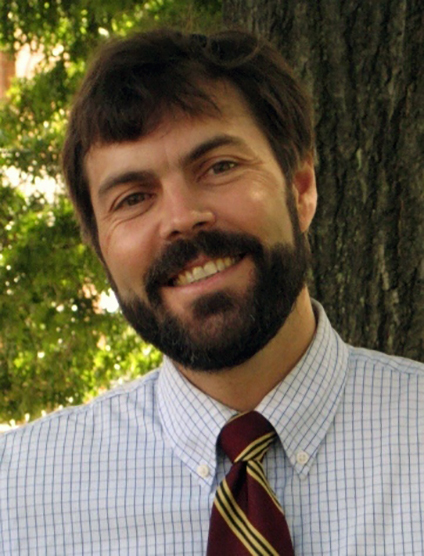
Charles Rothenberger, Climate and Energy Attorney
What calls you to fight for our climate, lands, and water?
I fight climate change not only because it is the great existential crisis of our time, but also because it is an environmental issue that each and every one of us, together, can change. It is rewarding to create and advocate for impactful policy solutions. Pairing that with science, corporate responsibility activism, and the opportunity to support individuals with the tools they need to make daily climate-friendly decisions gives us a chance for a better future.
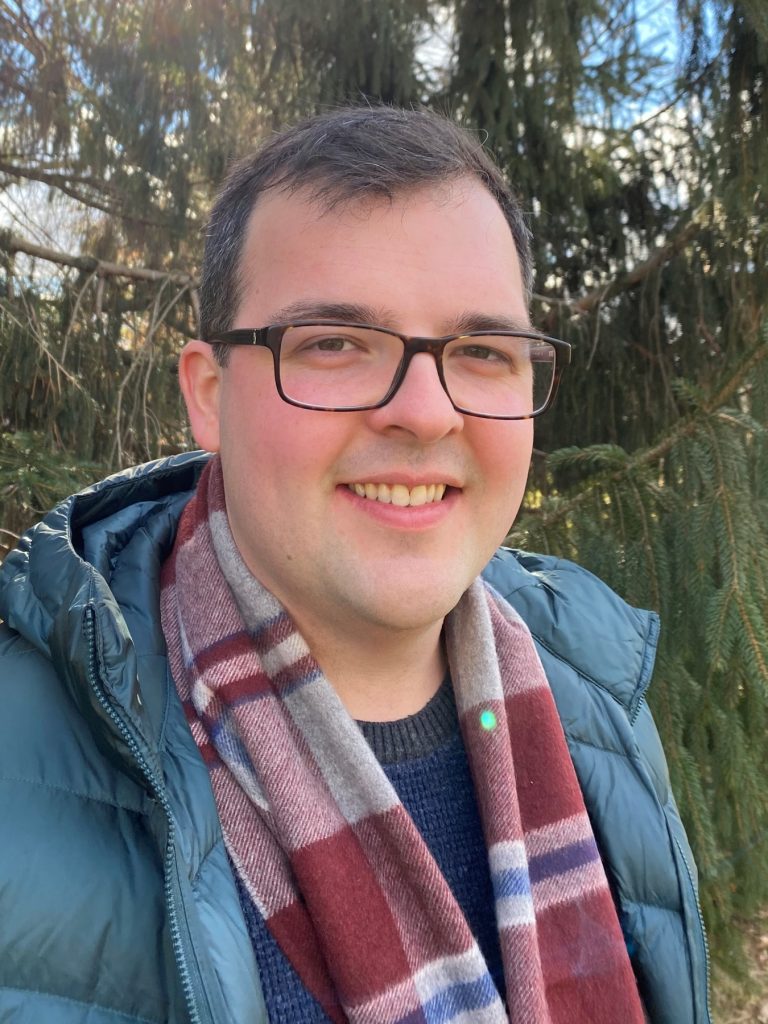
Chris Kelly, Peter B. Cooper Legal Fellow
What legal precedent do you hope our work sets for the future?
I approach our work with the intention of making decisionmakers understand that protecting the environment and creating a healthy climate isn’t an option—it’s an obligation that we have to our neighbors and our children. Time and time again, we see that decisionmakers are happy to talk about their commitment to the environment but will never prioritize protecting it in the face of short-term economic interest. We certainly have to acknowledge that there are other priorities to consider—government funds have to address many societal needs and corporations try to remain solvent—but there is no natural constituency for the environment. Rivers and lakes don’t vote. Animals don’t buy things. Even in the face of catastrophic climate change that imperils all communities, the only voice in the room for protecting our environment comes from a volunteer.
My colleagues and I have the privilege of using whatever legal tools are available to make decisionmakers listen to the environmental voice.
See what the legal team is up to on our Legal Docket, and meet our whole staff here.
